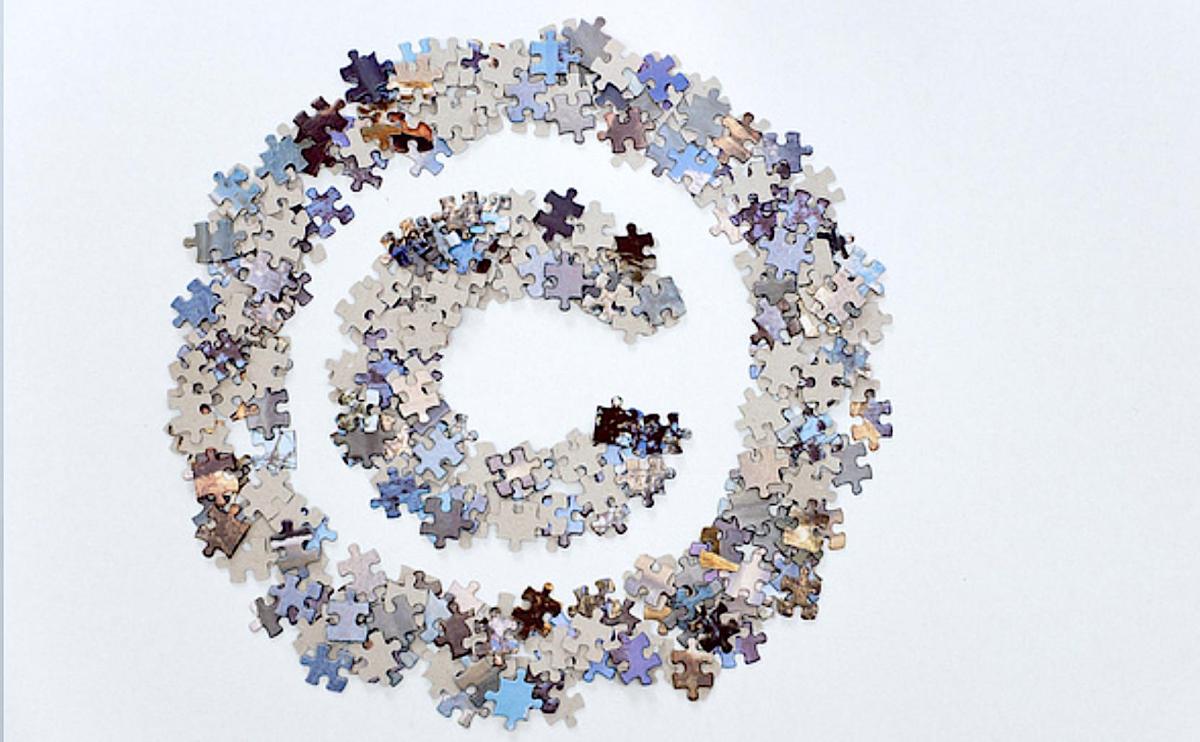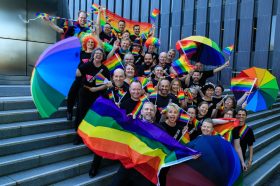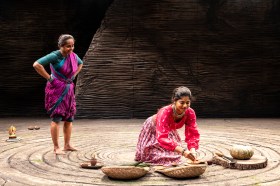The Federal Government has announced its intention to move ahead with copyright reforms. According to a recent press release the changes aim to provide a more flexible and adaptable framework that will better support the needs of Australian copyright users to access content in an increasingly digital environment.
Arts Law is concerned about any reform that strips artists and creators of their rights or de-values their work.
Minister for Communications, Cyber Safety and the Arts, the Hon Paul Fletcher MP, said the changes reflect the need for Australia’s copyright arrangements to continually evolve to support digital access, and provide certainty to copyright owners, creators and users.
‘The reforms follow two years of extensive industry consultation and will finalise the Government’s response to copyright recommendations in the Productivity Commission’s 2016 Intellectual Property Arrangements report,’ Minister Fletcher said.
The proposed reforms include a scheme to allow the use of material if the copyright owner cannot be found, introduce a fair dealing exception for non-commercial quotation, simplify and update copyright exceptions for educational and cultural institutions, and streamline the government statutory licensing scheme.
Arts Law stands against any moves to minimise the control creators have over their work, or any change that will diminish their ability to make an income from their arts practice, especially during a time when artists are suffering greatly due to the COVID-19 pandemic.
Arts Law is very concerned that creators will lose out if greater access is given to institutions and users of copyright without there being fair recompense for the creators.
The Government claims that the aim of the new reforms will be ‘to allow the reasonable and necessary use of copyright materials online while also removing administrative burden, meaning these organisations can continue to deliver their services online.’
The Government points to the pandemic and movement of content delivery online as highlighting the urgent need for reform. COVID-19 has been devastating for artists, many of which have lost income from cancelled events, venue closures and reduced opportunity for exhibition.
In the current climate, copyright licensing remains one of the few ways in which creators can financially leverage their work, any changes that allow for greater access to creative works without compensation for artists will only be of further detriment to the sector.
Details about the specifics of these changes have yet to be publicly released. It is difficult to know at this stage exactly how the new changes will affect artists and the sector more broadly. The Government aims to release draft legislation for public consultation later this year. Arts Law, while sceptical, remains hopeful that any proposed copyright legislation will respect the rights of creators and recognise that value inherent in their work.
For more information on the reforms go to the Department of Infrastructure, Transport, Regional Development and Communications website.
The article was originally published by the Arts Law Centre of Australia.





